This week we wonder if you can made a black hole by accelerating a mass, but then can you un-make it again? Will the Earth ever be tidally locked to the Sun? And can dark matter crush an unsuspecting space ship?
If you’ve got a question for the Astronomy Cast team, please email it in to info@astronomycast.com and we’ll try to tackle it for a future show. Please include your location and a way to pronounce your name.

#749: Dark Energy Changing Over Time
We thought Dark Energy was constant, but new results from DESI say maybe not, and if it wasn’t the Hubble Tension would be easier to solve.
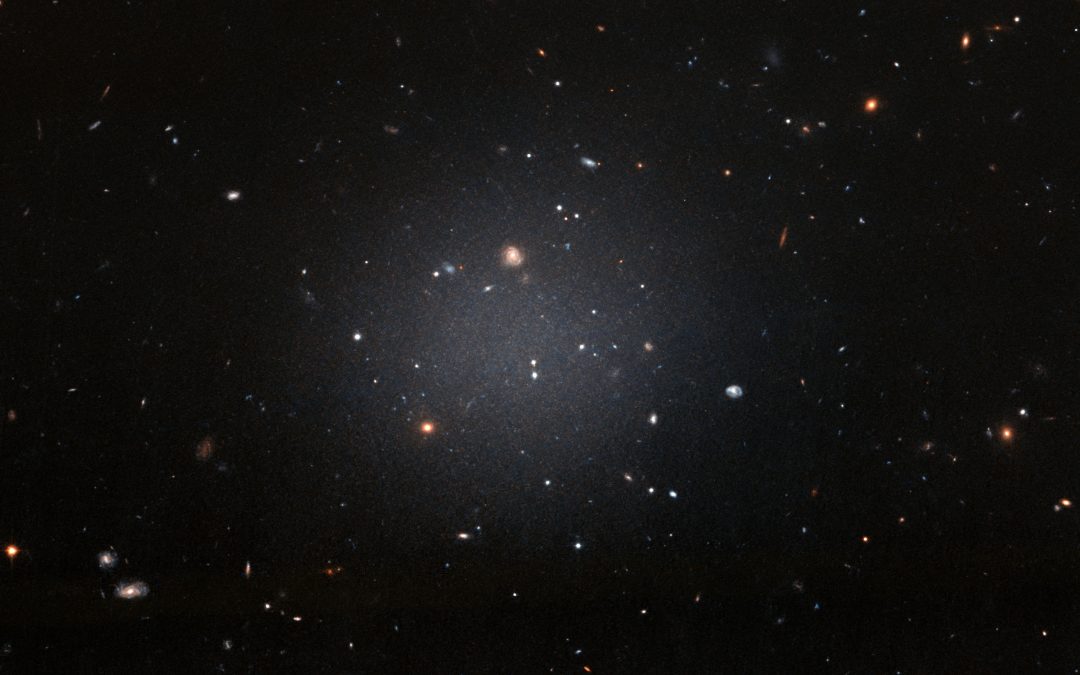
Ep. 682: Ultra-Diffuse Galaxies and Dark Matter
Astronomers first noticed the strange behaviors of rotating galaxies almost 100 years ago, suggesting there’s an invisible dark matter hold them together with gravity. Or maybe we just don’t understand how gravity works at the largest scales. Observations are much better now, and astronomers have found examples of galaxies that almost entirely made of dark matter. Does this tell us anything?
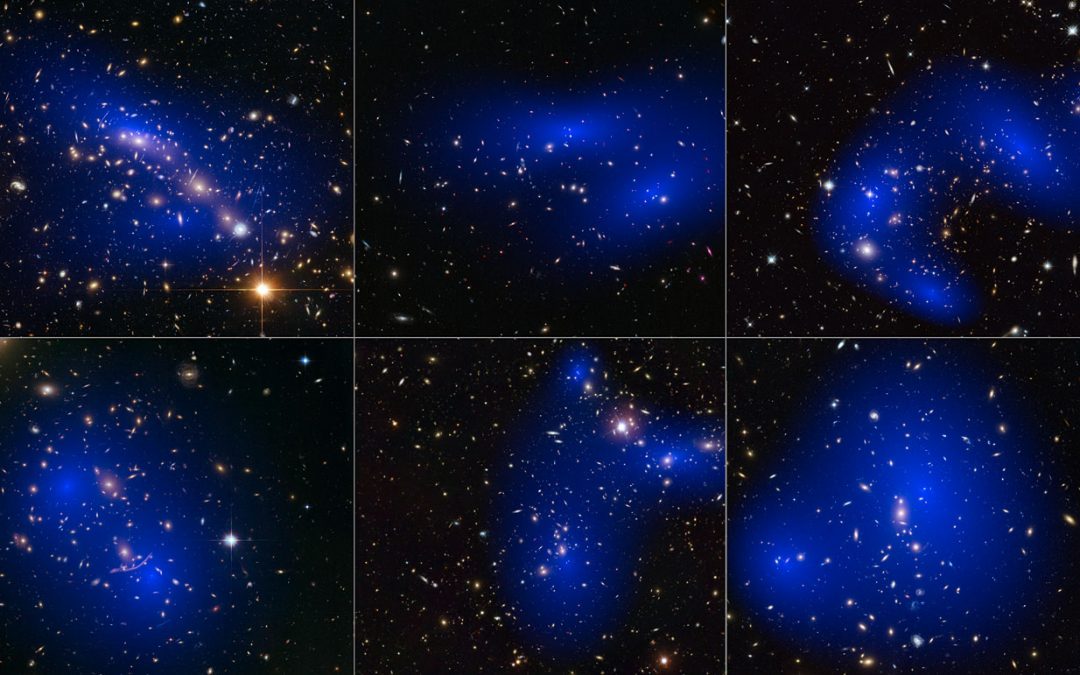
Ep. 639: Big Questions Update: Dark Matter, Dark Energy, Hubble Constant
Knowledge moves forward, and so, we must move with it. Today we’ll give you an update on some of the most fascinating, and fast-changing topics in astronomy, astrophysics and cosmology.
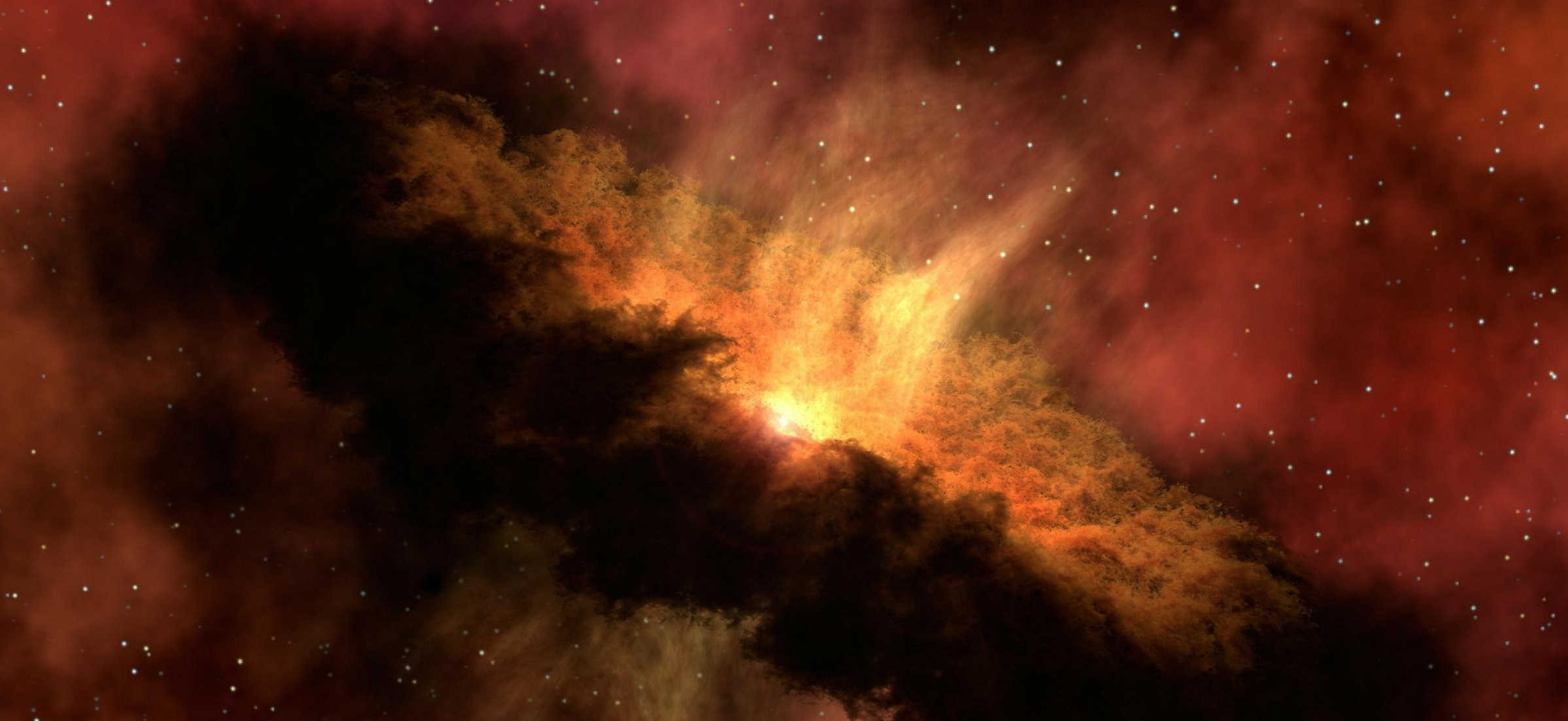
Ep. 550: Missing Epochs – Observing the Cosmic Dark Ages
Powerful observatories like Hubble and the Very Large Telescope have pushed our vision billions of light-years into the Universe, allowing us to see further and further back in time. But there are regions which we still haven’t seen: the Cosmic Dark Ages. What’s it going to take to observe some of these earliest moments in the Universe?
Ep. 503: Gravity Mapping
The Earth looks like a perfect sphere, but down here on the surface we see that there are mountains, rivers, oceans, glaciers, all kinds of features with different densities and shapes. Scientists can map this produce a highly detailed gravity map of our planet. And it turns out, this is very useful for other worlds too.
Ep 488: Dark Energy: 2018 Edition
The updates continue. Last week we talked about dark matter, and this week we continue with its partner dark energy. Of course, they’re not really partners, unless you consider mysteriousness to be an attribute. Dark energy, that force that’s accelerating the expansion of the Universe. What have we learned?
Ep 487: Dark Matter: 2018 Edition
Last week, we gave you an update in particle physics. This week it’s time to see what’s new in the world of dark matter. Spoiler alert, we still have no idea what it is, but maybe a few more ideas for what it isn’t.
Ep. 402: Gravity Eyes: See The Invisible With The Force
What kinds of things can we see using gravity, that we may not otherwise be able to see? Pamela will fill us in on the Great Attractor, etc!
Questions Show – light speed, Andromeda galaxy, dark matter and black holes
Another week, another roundup of your questions. This week listeners asked: will reaching light speed destroy the Universe? When is Andromeda going to look really, really cool with the unaided eye? Why didn’t dark matter all turn into black holes? And there’s even more. If you’ve got a question for the Astronomy Cast team, please email it in to info@astronomycast.com and we’ll try to tackle it for a future show.
Ep. 11: A Universe of Dark Energy
The discovery of dark energy was one of the biggest surprises in astronomy. Instead of a nice, predictable expanding Universe, acted on only by gravity, astronomers turned up a mysterious repulsive force accelerating the expansion of the Universe. Fraser and Pamela explain
the evidence for a dark energy, and a few possible theories for what could be providing this repulsive force.
Ep. 4: The Search for Dark Matter
Dark matter . . . What is it? Nobody knows for sure, but it’s definitely there. Or maybe it’s not there, and we just need some redefinition of gravity at vast scales. Join Fraser and Pamela as we discuss the discovery, detection, and possible explanations of dark matter.
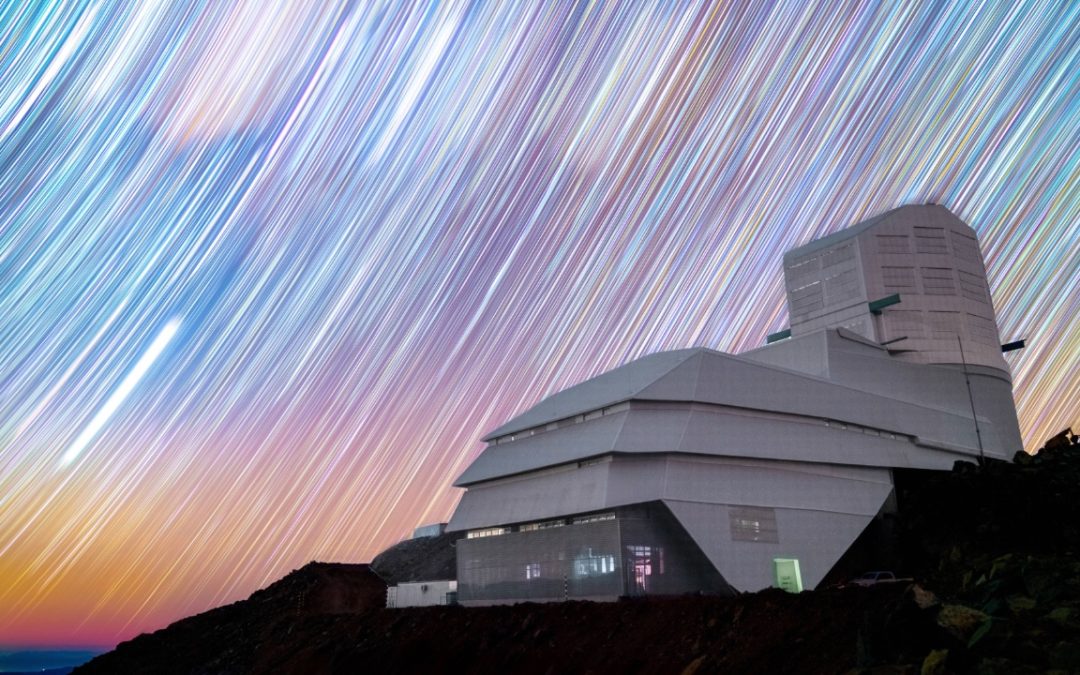
#761: It’s Here! The Vera Rubin Observatory
The time has come. The mighty Vera Rubin Observatory has finally come on line and delivered its “first light” images
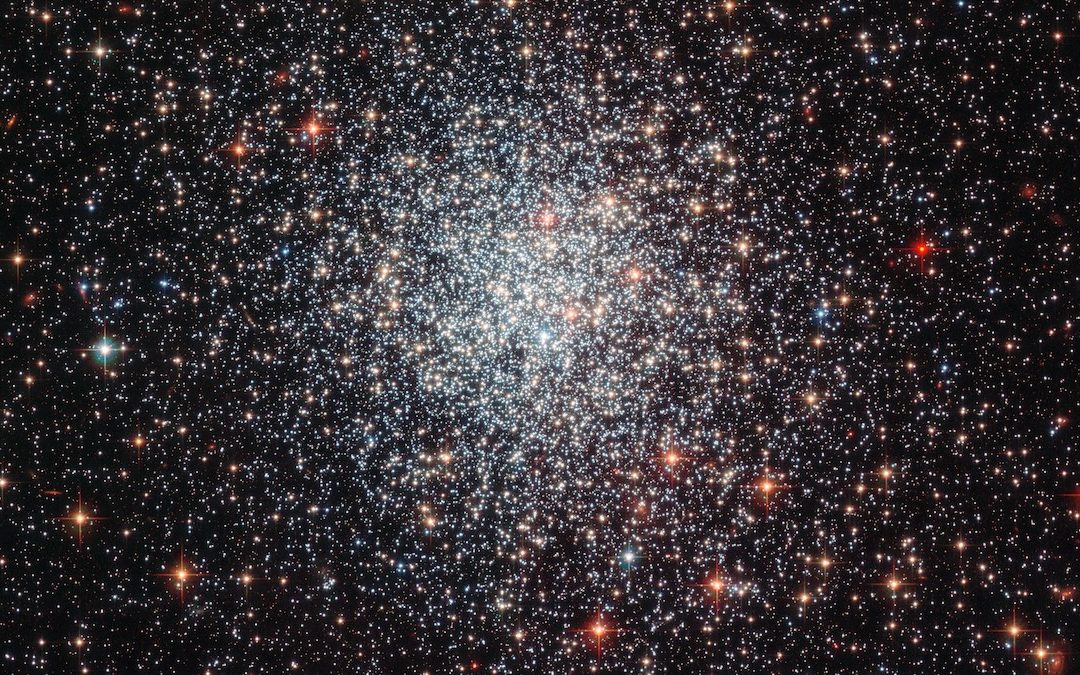
#755: Intermediate Mass Black Holes
There are stellar-mass & supermassive black holes. But very little evidence of anything in between. Where are all the intermediate-mass black holes?
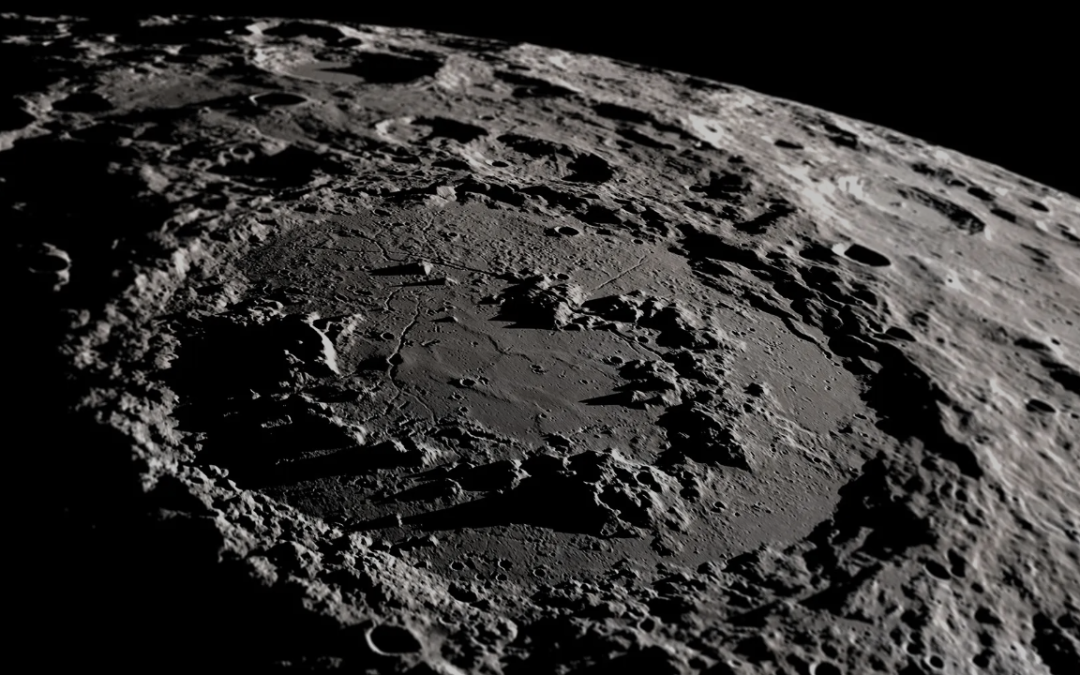
#753: Why is the Moon’s South Pole So Interesting?
It seems like everyone just wants to explore the Moon’s South Pole. What makes this region so special and what are the special challenges that explorers will face. Learn here!
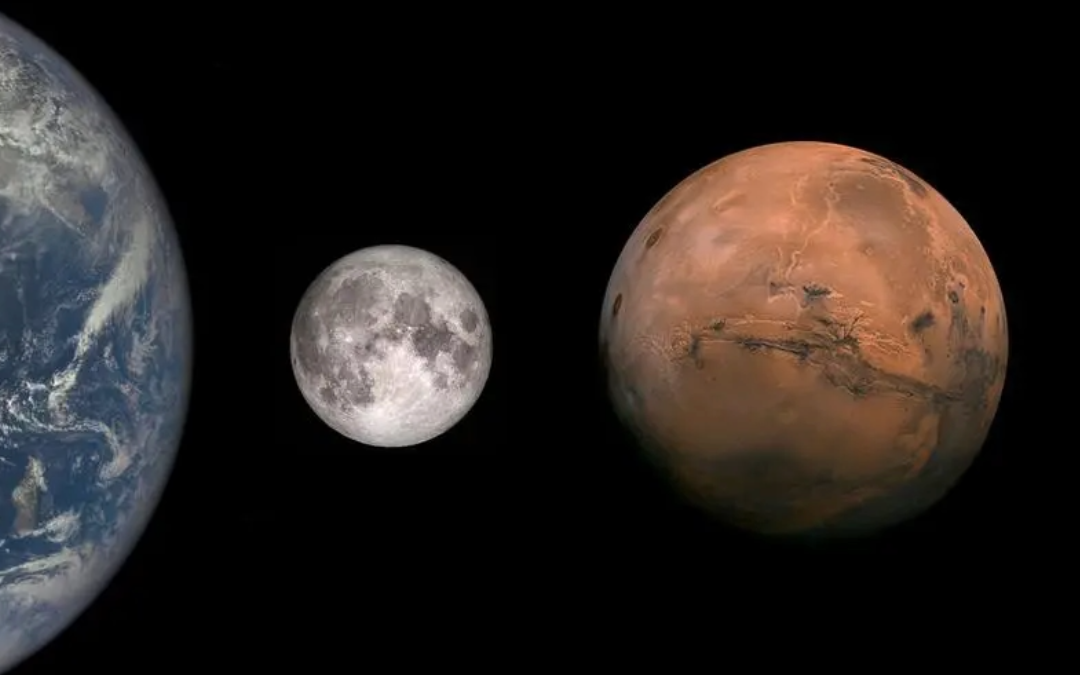
#752: Should We Go to the Moon or Mars Next?
We are on the verge of sending humans back to the Moon. At the same time others prefer we focus our exploration on Mars. It’s a tough choice.
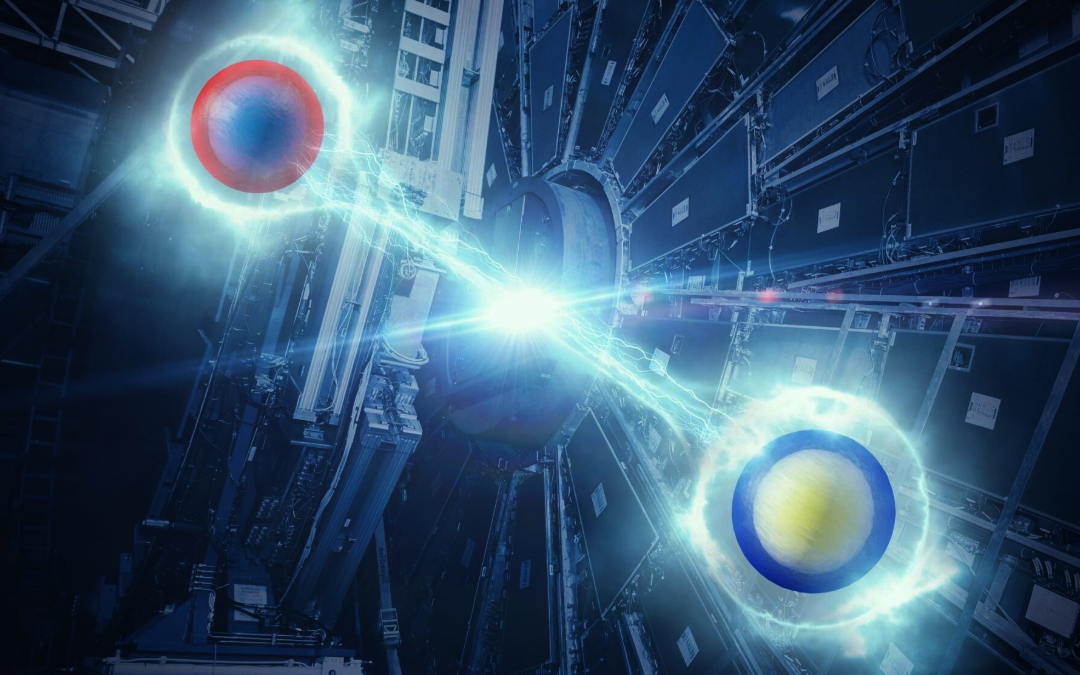
#751: Vacuum Energy
Even empty space isn’t empty. It’s filled with quantum fluctuations of spacetime itself. Which can be measured with Casimir Effect experiment
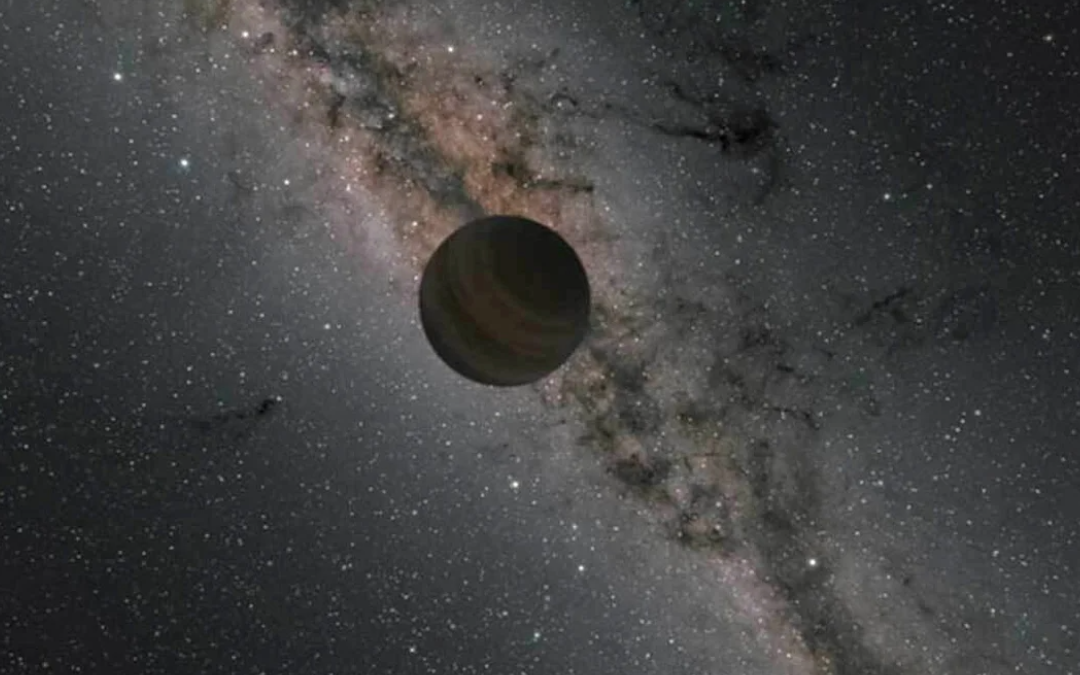
#747: Rogue Planets
Most planets orbit stars. That’s the rule, right? Sometimes planets just go rogue. Let’s learn about planets living free from stars.
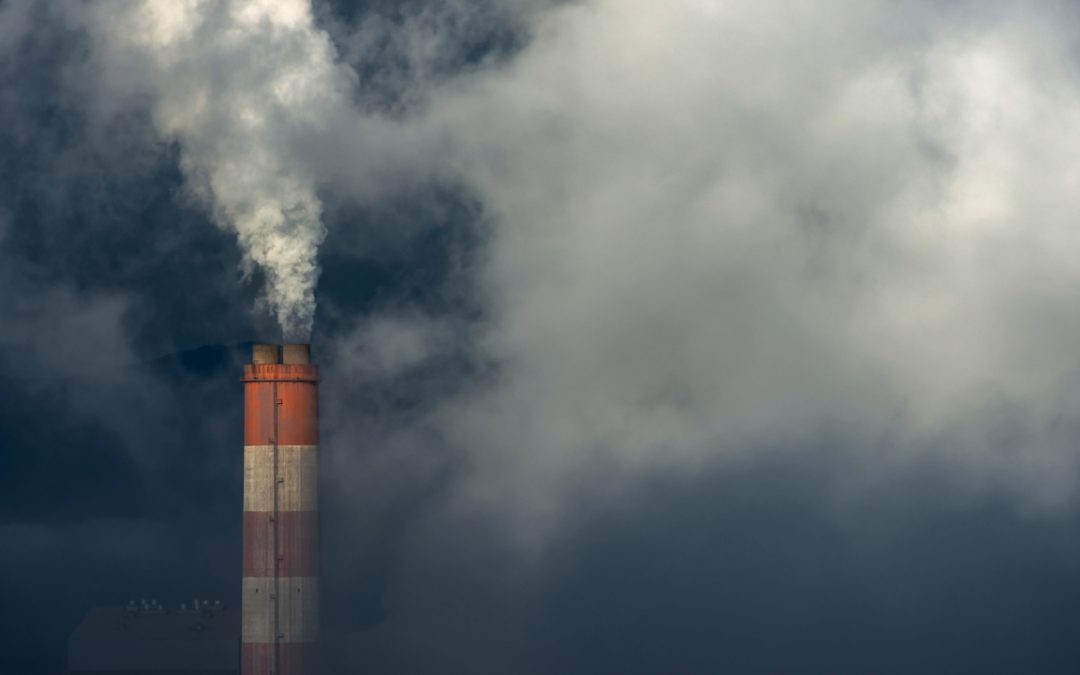
#741: Technosignatures
Pollution will ultimately give away a society.
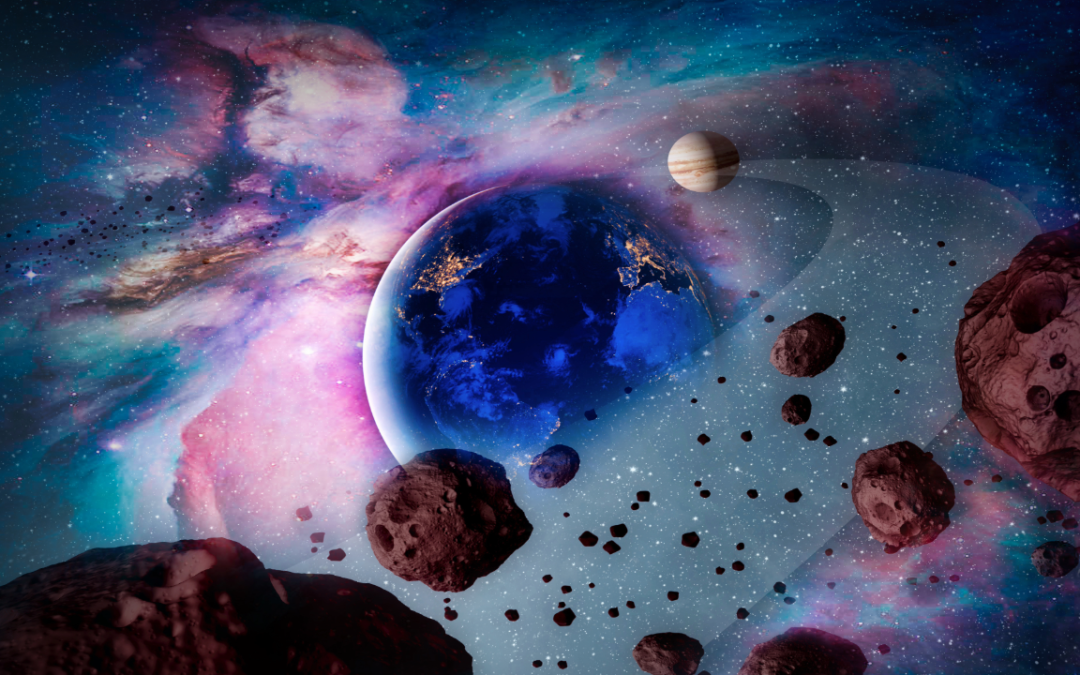
#737: Weird Science Stories in 2024
2024 was a strange year! But, for space and astronomy we had some interesting, revolutionary, unsettling and downright weird stories pop up. Today let’s talk about them.
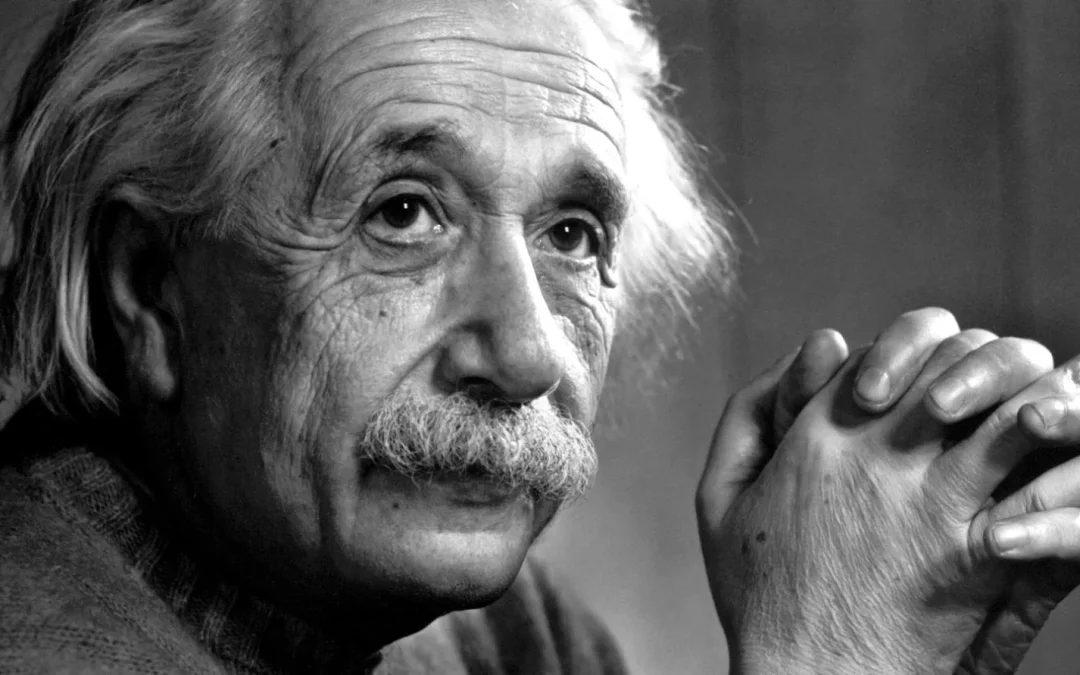
#735: Albert Einstein
Last week we talked about the Einstein probe. So this week it is only natural that we talk about the man himself, Albert Einstein. He revolutionized the field of physics, played a vital role in the early 20th century and struggled to unite the forces of the Universe...
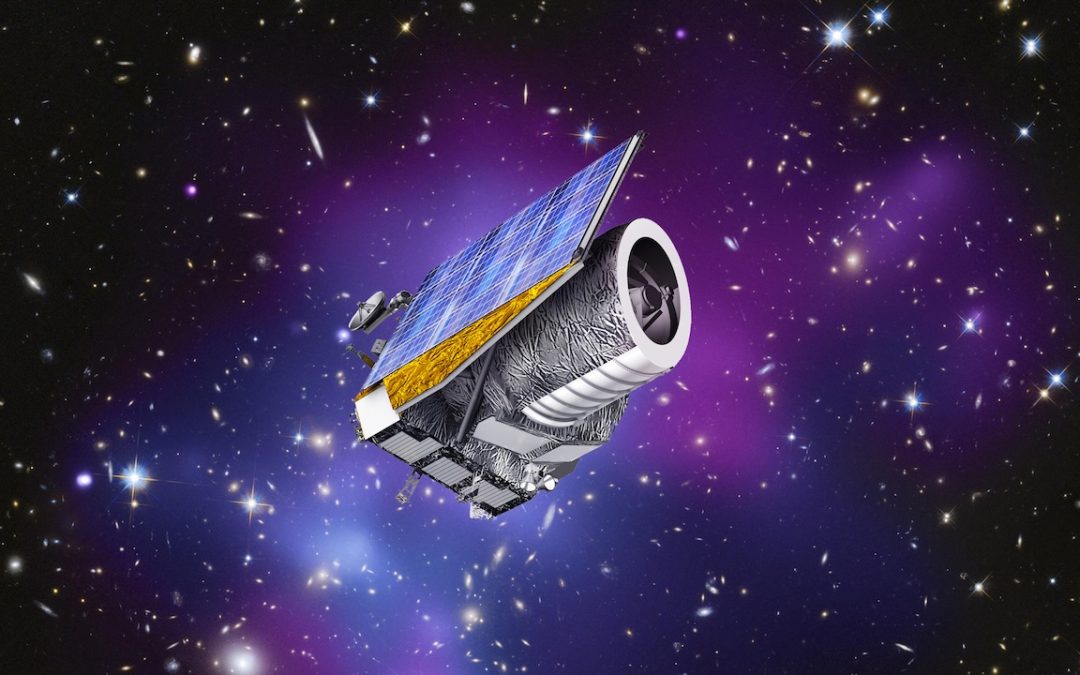
#732: The Euclid Telescope
Let’s look at the Euclid Space Telescope..
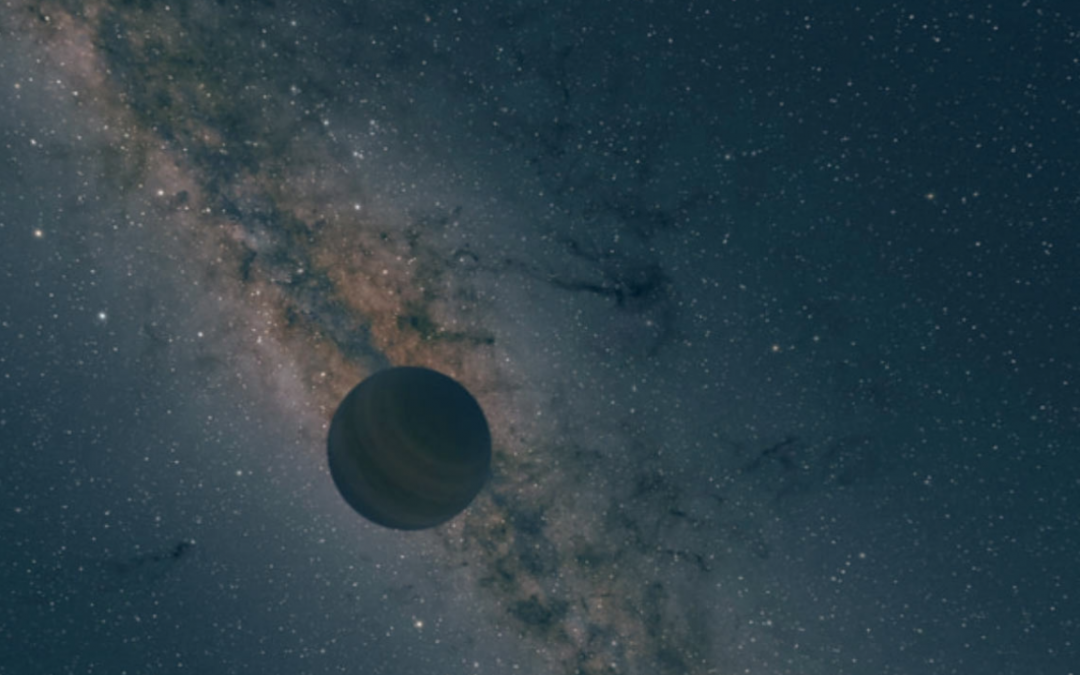
#721: Free-Floating Planets
Most of the exoplanets we’ve found are around stars, where they belong. But a few have been found free-floating in interstellar space. The evidence is growing that there are a lot of them out there, maybe even more than planets with stars. How do they form and how can...
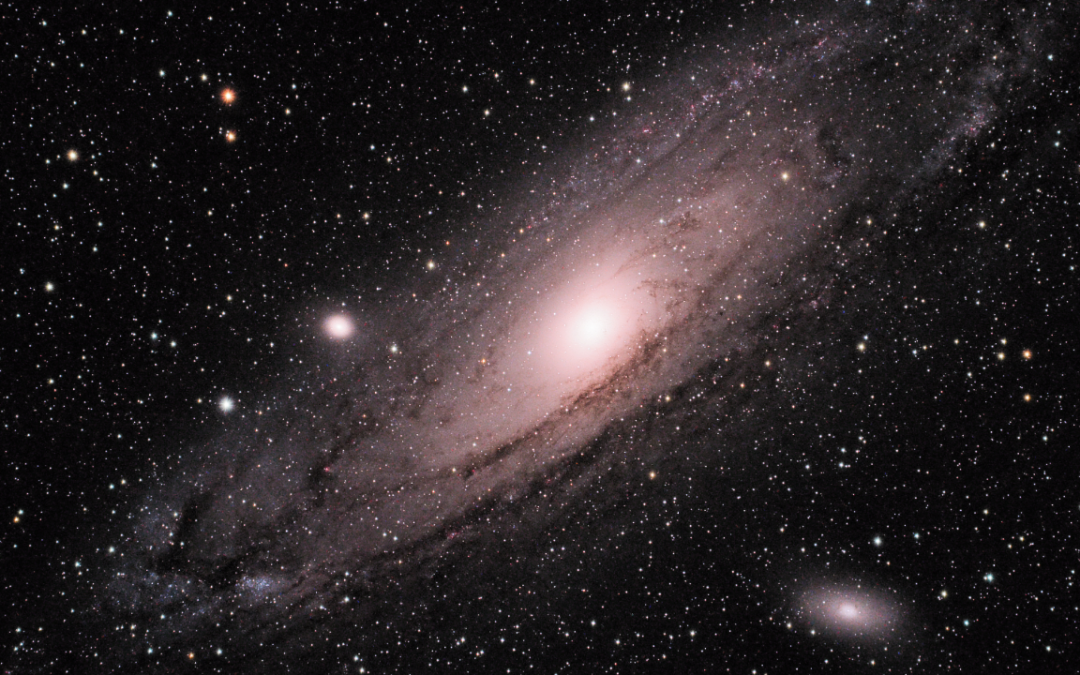
Ep. 719 – Galaxy Series: Spirals
Our galaxy series continues, on to spiral galaxies. In fact, you’re living in one right now, but telescopes show us the various shapes and sizes these galaxies come in. Thanks to JWST, we’re learning how these spirals got big, early on in the Universe....
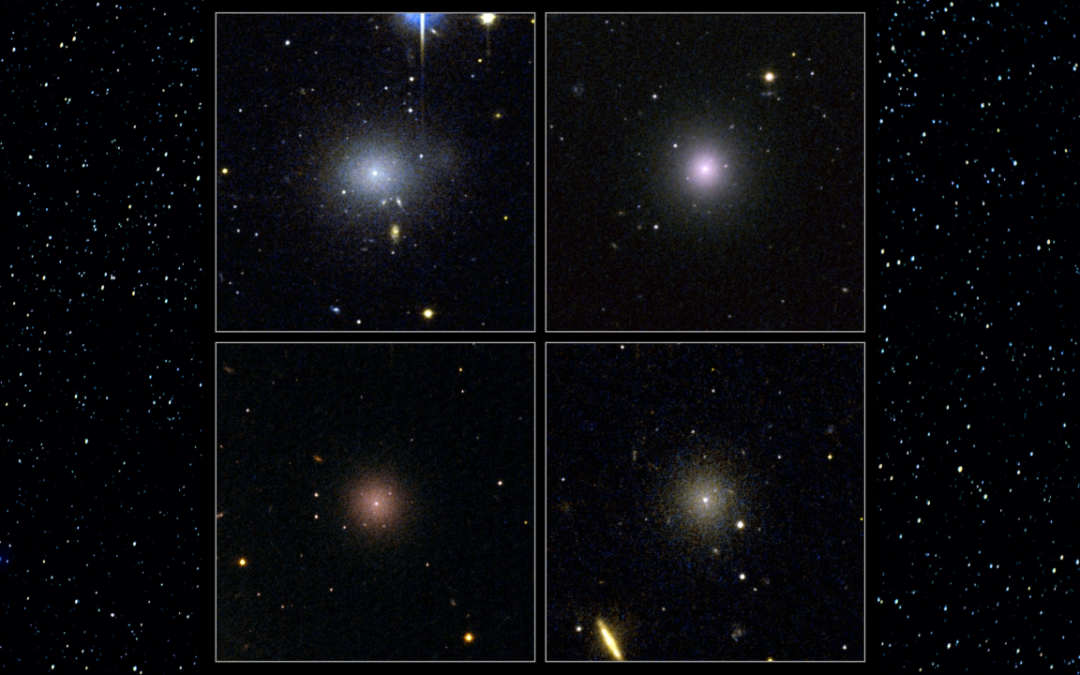
Ep. 718: Galaxy Series – Dwarf Galaxies
It’s time to begin a new mini-series, where we’ll look at different classes of galaxies. Today, we’ll start with the dwarf galaxies, which flock around larger galaxies like the Milky Way. Are they the building blocks for modern structures?
